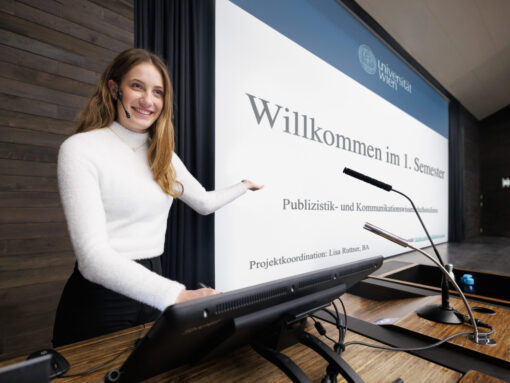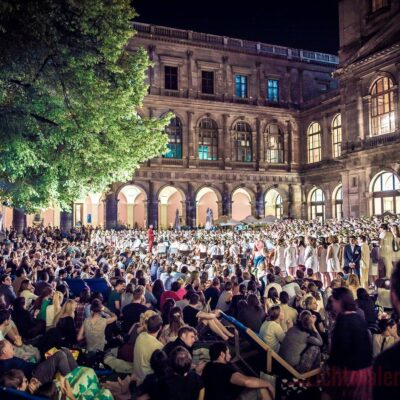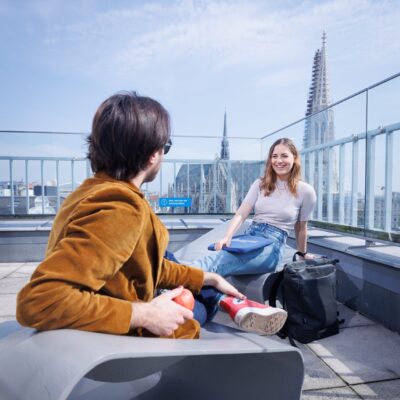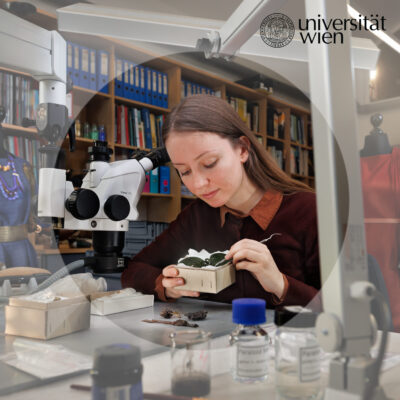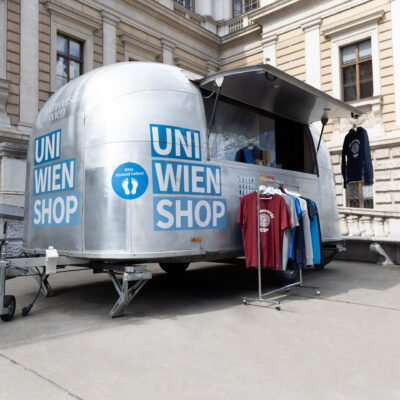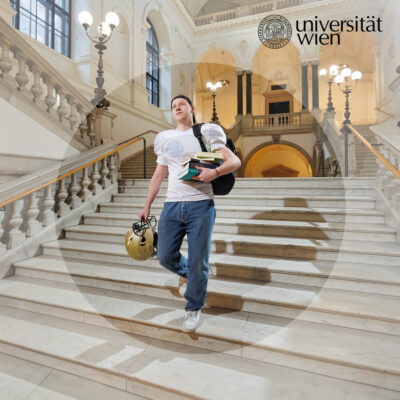“My educational journey into Cognitive Science shattered beliefs and made me stumble into a crisis about what science even is. But ultimately, my Master’s degree in Cognitive Science was the most rewarding experience I could have wished for and fundamentally reconceptualized how I see the world.
I was already reading books on cognitive psychology during my psychology bachelor’s degree at the University of Vienna. So I started off in the MEi:CogSci program in Cognitive Science with the belief that I already knew most of it. And, boy, I couldn’t have been more wrong.
What even is cognitive science? Cognitive science is the interdisciplinary, scientific study of the mind and its processes and is located at the intersection of various disciplines like psychology, neuroscience, artificial intelligence (and computer science), philosophy, linguistics, economics, education, and anthropology. One example of cognitive science is the perceptron developed by Frank Rosenblatt in 1958, who implemented the information-processing properties of a neuron in a machine. Today’s deep learning and advances in AI are all based on this invention.
The MEi:CogSci program includes a disciplinary, a methodological, and an integrative part. We learned what interdisciplinary means, had a diverse lecture series and even visited various labs all across Austria, ranging from neuroimaging in children to behavioral studies of animal cognition. Did you know some birds can coordinate in a group to solve challenging tasks? I didn’t! But we saw that in vivo at the Kea Lab.
During my Erasmus exchange in Bratislava, I noticed I still didn’t feel like I fully understood what cognitive science really was. So I decided to create a Historical Map of (the) cognitive science(s), which shows the different paradigms, subdisciplines, and publications. It got upvoted to the Frontpage of HackerNews and was hot on the Subreddit Cognitive Science, which allowed me to have a discussion with international researchers in the field. My take away was that part of the field’s strength is precisely its diverse viewpoints. If we already knew „the one right answer and approach,“ we could stop doing research. I am grateful for this journey and I am eager to find out what awaits me after graduation!” – Anna Riedl
Anna studies Cognitive Science at the University of Vienna.

